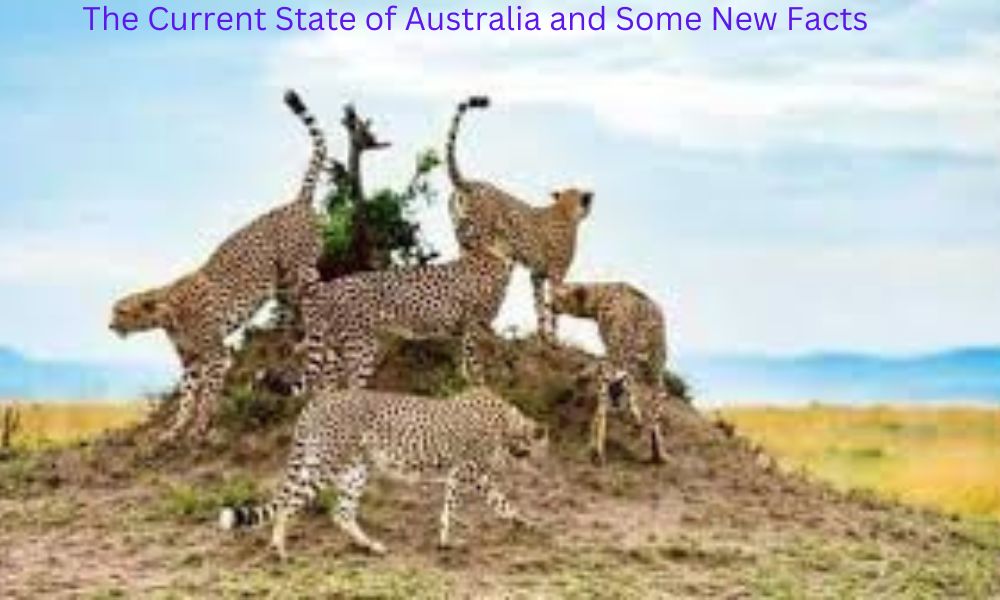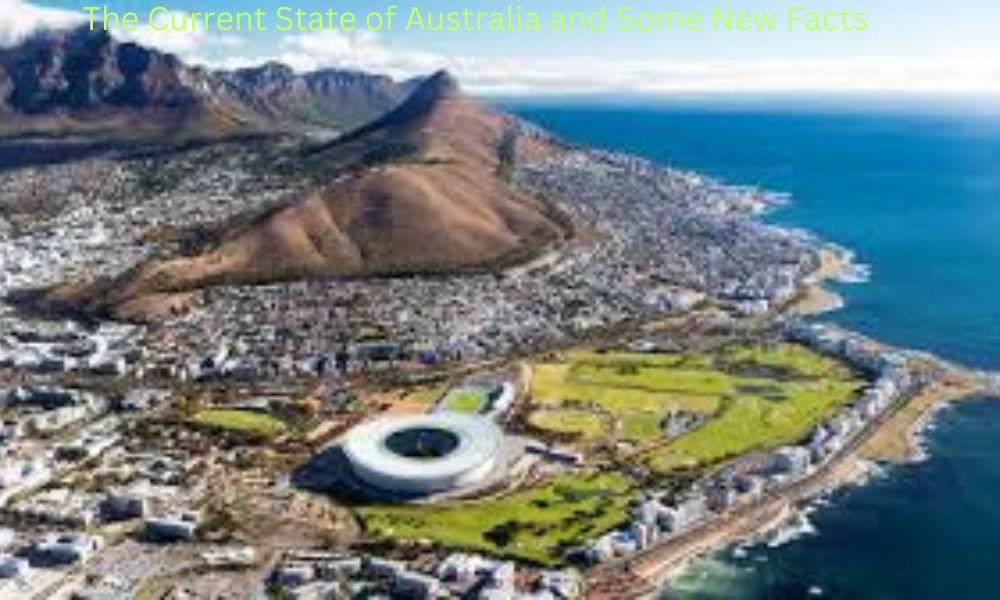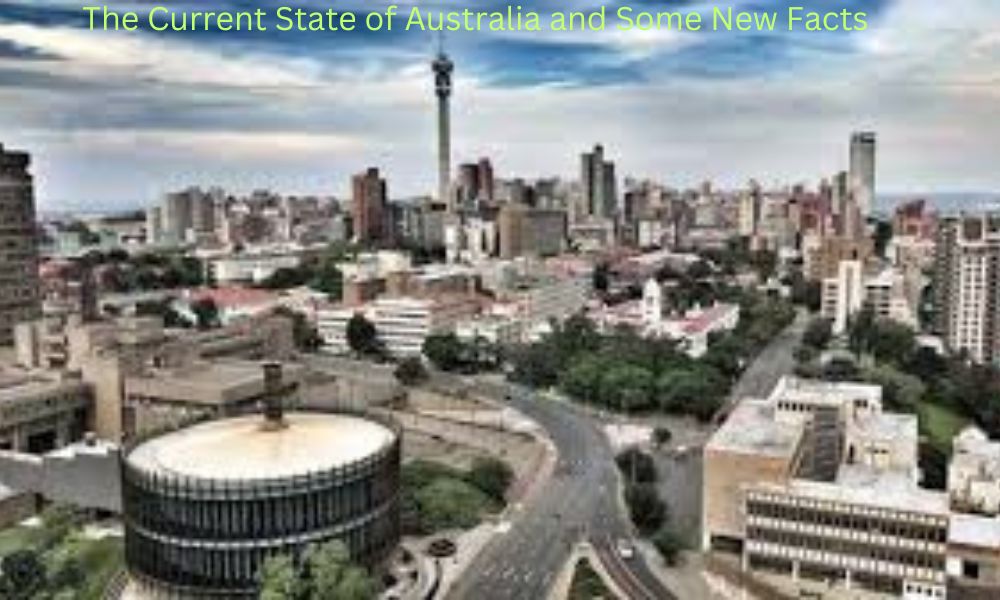The Current State of Australia and Some New Facts
Australia is a country and continent located in the Southern Hemisphere. It is known for its unique flora and fauna, beautiful landscapes, and diverse population. However, like many countries, Australia is facing various challenges in its current state. In this blog post, we will explore some new facts about the current state of Australia and what they might mean for the country’s future.
surrounded by the Indian and Pacific Oceans. It is the world’s sixth-largest country by total area, with a population of approximately 25 million people.
The country is known for its vast and diverse landscapes, including the Outback, tropical rainforests, and beautiful beaches. It is also home to unique wildlife, such as kangaroos, koalas, and wallabies.
Australia has a highly developed economy, with strong sectors in mining, agriculture, and services. It is a member of the G20 and has one of the highest standards of living in the world. The country’s major cities, including Sydney, Melbourne, and Brisbane, are vibrant cultural hubs, with a rich history and diverse communities.
However, Australia also faces several challenges, including environmental concerns, such as the impacts of climate change and biodiversity loss, as well as social and economic issues, such as inequality, Indigenous rights, and affordable housing.
Australia is known for its commitment to multiculturalism and has a rich cultural heritage that includes Indigenous Australian art, music, and traditions, as well as contributions from diverse immigrant communities.
One of the most significant recent developments in Australia is the ongoing COVID-19 pandemic. Despite early success in controlling the virus, recent outbreaks have caused concern, particularly in the state of Victoria. The country has had over 3.4 million confirmed cases and over 35,000 deaths. The pandemic has had a significant impact on the country’s economy, with many businesses struggling to stay afloat, and the unemployment rate at an all-time high.
 Another new fact about the current state of Australia is the ongoing climate crisis. Australia is one of the most vulnerable countries in the world to climate change, with increasing temperatures, severe droughts, and devastating wildfires. The country has committed to reducing greenhouse gas emissions, but progress has been slow, and there is still much work to be done to meet its climate targets.
Another new fact about the current state of Australia is the ongoing climate crisis. Australia is one of the most vulnerable countries in the world to climate change, with increasing temperatures, severe droughts, and devastating wildfires. The country has committed to reducing greenhouse gas emissions, but progress has been slow, and there is still much work to be done to meet its climate targets.
In addition to the COVID-19 pandemic and climate crisis, Australia is also facing significant social and economic challenges, including poverty, inequality, and Indigenous rights. Despite being a wealthy country, Australia has a high poverty rate, with over 3 million people living below the poverty line. The country also has a significant gap between the rich and poor, with the top 20% of households holding over 60% of the country’s wealth.
Indigenous Australians continue to face significant social and economic disadvantage, including high rates of unemployment, poor health outcomes, and low levels of education. The country has taken steps to address these issues, including the establishment of a national apology for past injustices, but much more needs to be done to ensure the rights and wellbeing of Indigenous Australians.
Despite these challenges, there are also reasons for hope in the current state of Australia. The country has a strong democracy and a vibrant civil society, with active community organizations and advocacy groups. Australia is also home to a thriving arts and culture scene, with world-renowned musicians, artists, and filmmakers.
 In addition, the country has made significant progress in recent years in addressing some of its most pressing social and economic challenges. This includes the introduction of a national disability insurance scheme, the expansion of mental health services, and increased investment in renewable energy.
In addition, the country has made significant progress in recent years in addressing some of its most pressing social and economic challenges. This includes the introduction of a national disability insurance scheme, the expansion of mental health services, and increased investment in renewable energy.
In conclusion, the current state of Australia is marked by significant challenges, including the ongoing COVID-19 pandemic, the climate crisis, social and economic inequality, and Indigenous rights. However, there are also reasons for hope, including the country’s strong democracy, vibrant civil society, and recent progress in addressing some of its most pressing issues. It will require sustained efforts by the government, civil society, and the private sector to address these challenges and build a brighter future for all Australians. The international community can play a crucial role in supporting Australia through development assistance, investment, and political engagement to promote peace, stability, and economic growth in the region.
The Current State of SouthAfrika and Some New Facts

